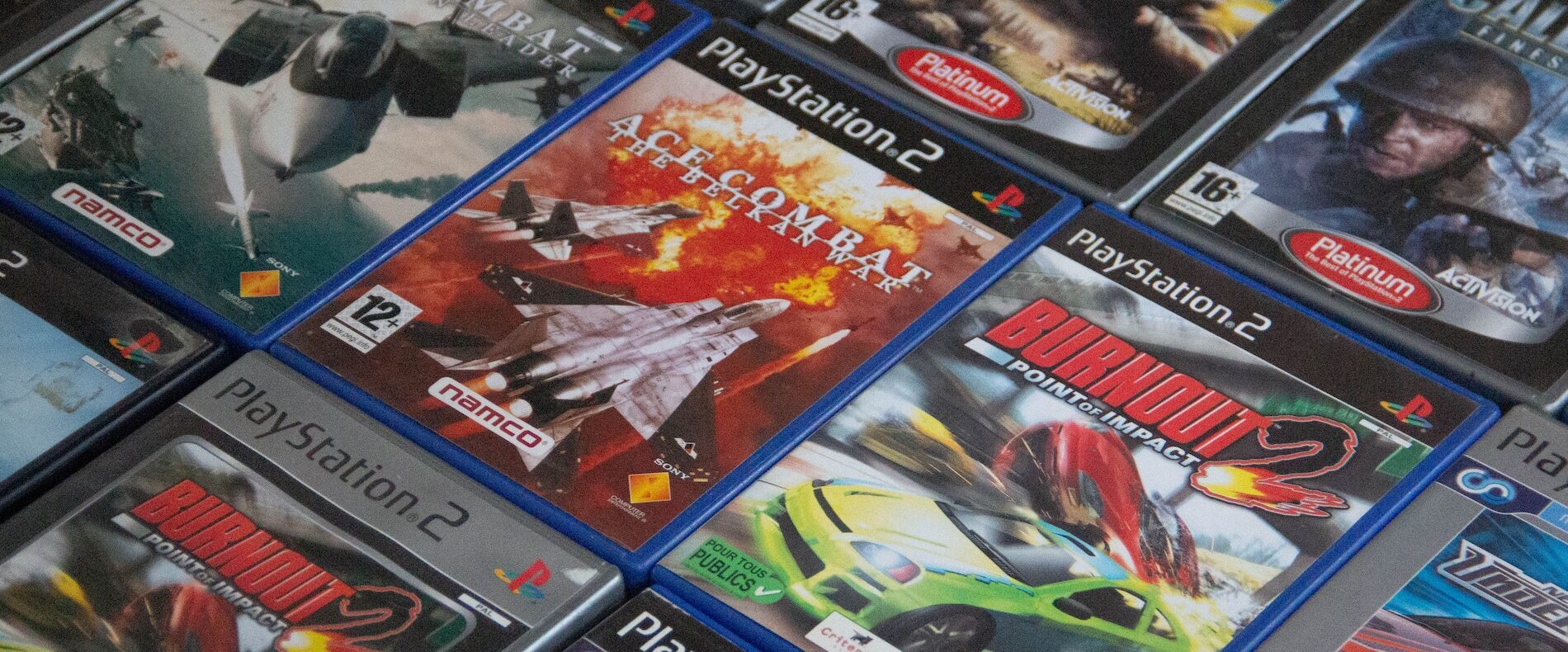In the fast-paced world of video games, where cutting-edge graphics and immersive virtual reality experiences dominate the landscape, there’s a unique and enduring phenomenon that keeps drawing players back to the past. Retro gaming, a term used to describe the act of playing and collecting vintage video games, has experienced a remarkable resurgence in recent years. What is it about these pixelated relics of the past that continues to captivate gamers young and old? In this exploration of the world of retro gaming, we’ll delve into its origins, the reasons behind its enduring popularity, and the thriving communities that have sprung up around it.
A Glimpse into the Past
Before we dive into the reasons behind the resurgence of retro gaming, let’s take a trip down memory lane. The term “retro gaming” typically refers to video games and gaming systems from the late 1970s to the early 2000s. These were the formative years of the video game industry when titles like “Pac-Man,” “Super Mario Bros.,” and “The Legend of Zelda” were first introduced to the world. Back then, the games were simple, often featuring 8-bit or 16-bit graphics, and gameplay that relied on precise timing and skill.
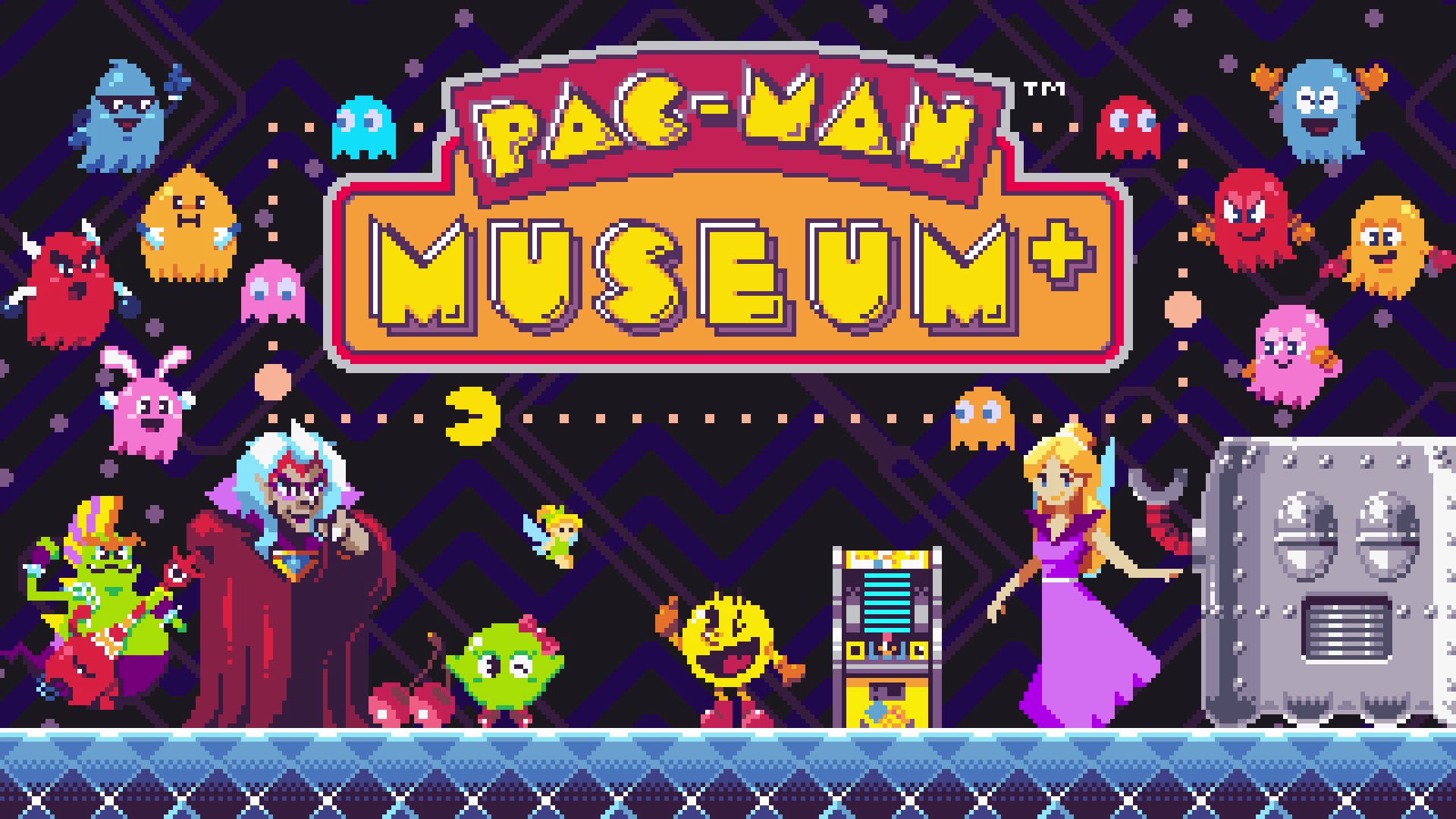
The Birth of an Industry
The late 1970s saw the birth of the video game industry with the release of the Atari 2600, a home gaming console that allowed players to experience arcade-like action from the comfort of their living rooms. Games like “Space Invaders” and “Pong” became instant classics, laying the foundation for what would become a multibillion-dollar industry.
A Thriving Retro Gaming Community
While it’s true that retro gaming has always had its dedicated enthusiasts, the resurgence we see today is driven by a combination of factors, one of which is the rise of online communities. Websites, forums, and social media groups have provided a platform for retro gaming enthusiasts to connect, share their collections, and discuss their favorite games.
Online Forums and Communities
One of the driving forces behind the resurgence of retro gaming is the sense of community it fosters. Online forums like RetroGaming.com and NintendoAge have become hubs where collectors and players alike can come together to discuss their passion. These platforms offer a space for enthusiasts to buy, sell, and trade games, share their gaming experiences, and seek advice on repairing and maintaining vintage hardware.
YouTube and Twitch
Video sharing platforms like YouTube and live streaming services such as Twitch have played a significant role in bringing retro gaming to a wider audience. Content creators and streamers have built sizable followings by showcasing gameplay from classic titles, providing reviews of retro games, and sharing tips and tricks. Their videos often serve as a gateway for newcomers to the world of retro gaming, sparking interest and nostalgia in equal measure.
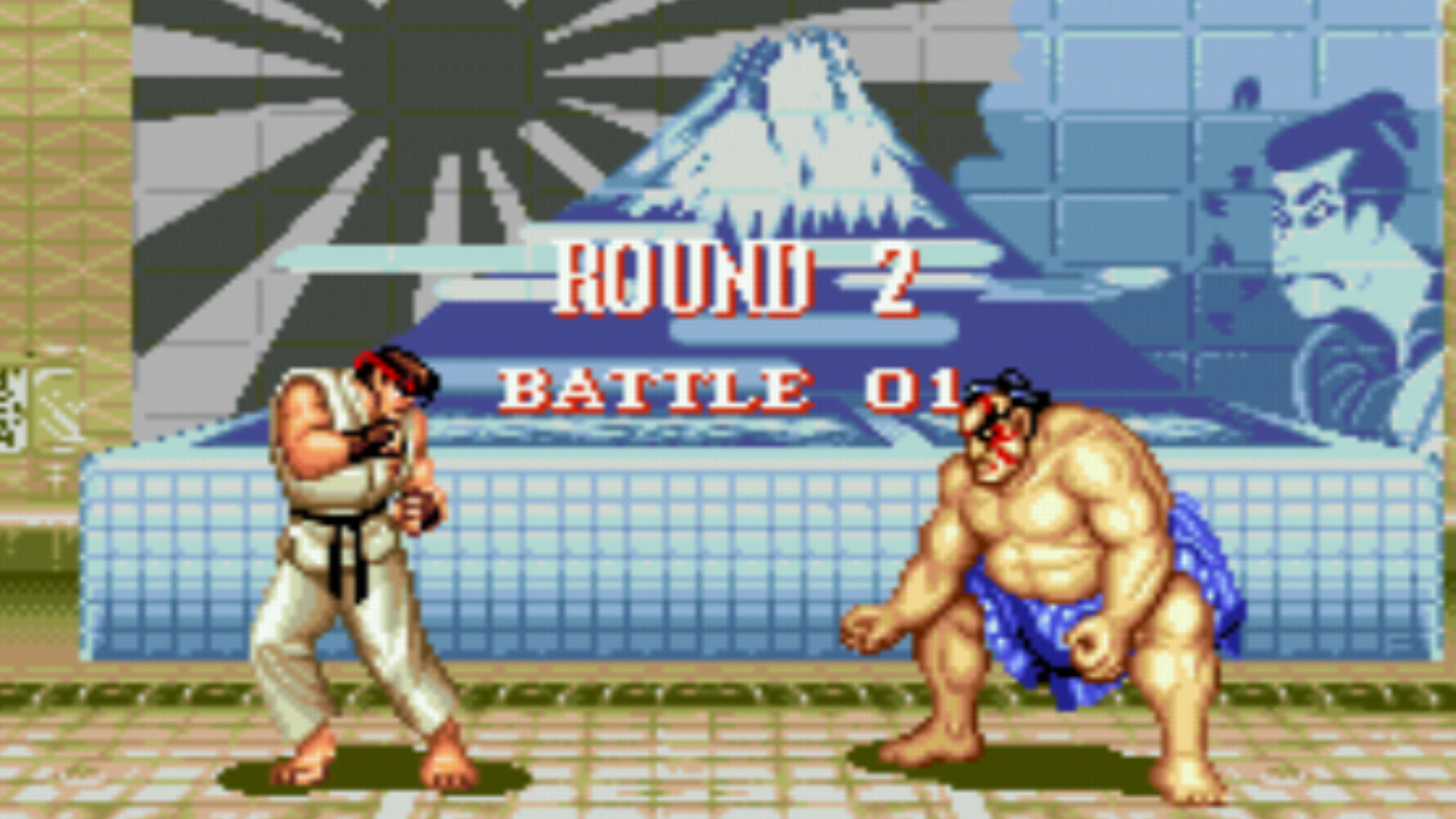
Retro Gaming Conventions and Events
In-person gatherings, such as retro gaming conventions and expos, have also contributed to the community’s growth. These events offer attendees the opportunity to browse and purchase rare games and collectibles, participate in tournaments, and meet fellow enthusiasts face-to-face. Some well-known retro gaming events include the Portland Retro Gaming Expo and the Classic Gaming Expo in Las Vegas.
Nostalgia: A Powerful Motivator
One of the key factors driving the popularity of retro gaming is the powerful force of nostalgia. Nostalgia is a complex and deeply ingrained emotion that can transport us back to a simpler time, evoking fond memories of our youth. Many gamers who grew up in the ’80s and ’90s have a deep-seated connection to the games they played during their formative years.
Rediscovering Childhood Memories
For those who were children or teenagers during the heyday of the Nintendo Entertainment System (NES) or Sega Genesis, playing these games again can be a way to relive cherished memories. The familiar jingles, pixelated characters, and iconic sound effects can trigger a rush of nostalgia that’s difficult to replicate with modern games.
Sharing the Experience
Nostalgia isn’t limited to individuals who experienced the golden age of gaming firsthand. Parents and older siblings often introduce younger family members to the games they loved in their youth. Passing down the controllers and sharing the experience of retro gaming becomes a bonding activity that bridges generational gaps. It’s not uncommon to hear stories of parents introducing their children to classics like “The Legend of Zelda” or “Final Fantasy,” creating new fans in the process.
Collecting Treasures from the Past
Collecting retro games and consoles has become a hobby in its own right. For many, the thrill of hunting for rare titles and vintage hardware is an adventure that taps into the thrill of the hunt. Collectors take pride in amassing a library of games, often displaying them on meticulously organized shelves or in custom-built cabinets. Owning physical copies of classic games is a way to tangibly connect with the past and curate a personal museum of gaming history.
The Appeal of Timeless Gameplay
Beyond the nostalgia factor, retro games offer a unique and enduring appeal that transcends the limitations of their hardware. It’s a testament to the game design principles of the era that many classic titles remain enjoyable and challenging even by today’s standards.
Simplicity and Accessibility
One of the strengths of retro games lies in their simplicity. Unlike modern games with complex controls and sprawling open worlds, retro titles are often straightforward and easy to pick up. This accessibility makes them suitable for players of all ages, including those who may be new to gaming.
Timeless Gameplay Mechanics
Classic games often feature gameplay mechanics that are both intuitive and enduring. Titles like “Super Mario Bros.” and “Tetris” are prime examples of games with mechanics that remain engaging even decades after their release. The timeless nature of these games means that they can be enjoyed by players who have never experienced them before, as well as by those revisiting them after many years.
A Challenge Worth Pursuing
Retro games are renowned for their challenging difficulty levels. Unlike some modern games that prioritize accessibility and hand-holding, retro titles often require precise timing, quick reflexes, and strategic thinking. Overcoming these challenges provides a sense of accomplishment that is deeply rewarding for players.
Preserving Gaming History
As the years pass, there is a growing recognition of the importance of preserving gaming history. Retro gaming serves as a means of archiving and celebrating the medium’s past. Many enthusiasts take it upon themselves to maintain and restore vintage hardware and software, ensuring that these artifacts of gaming history remain accessible to future generations.
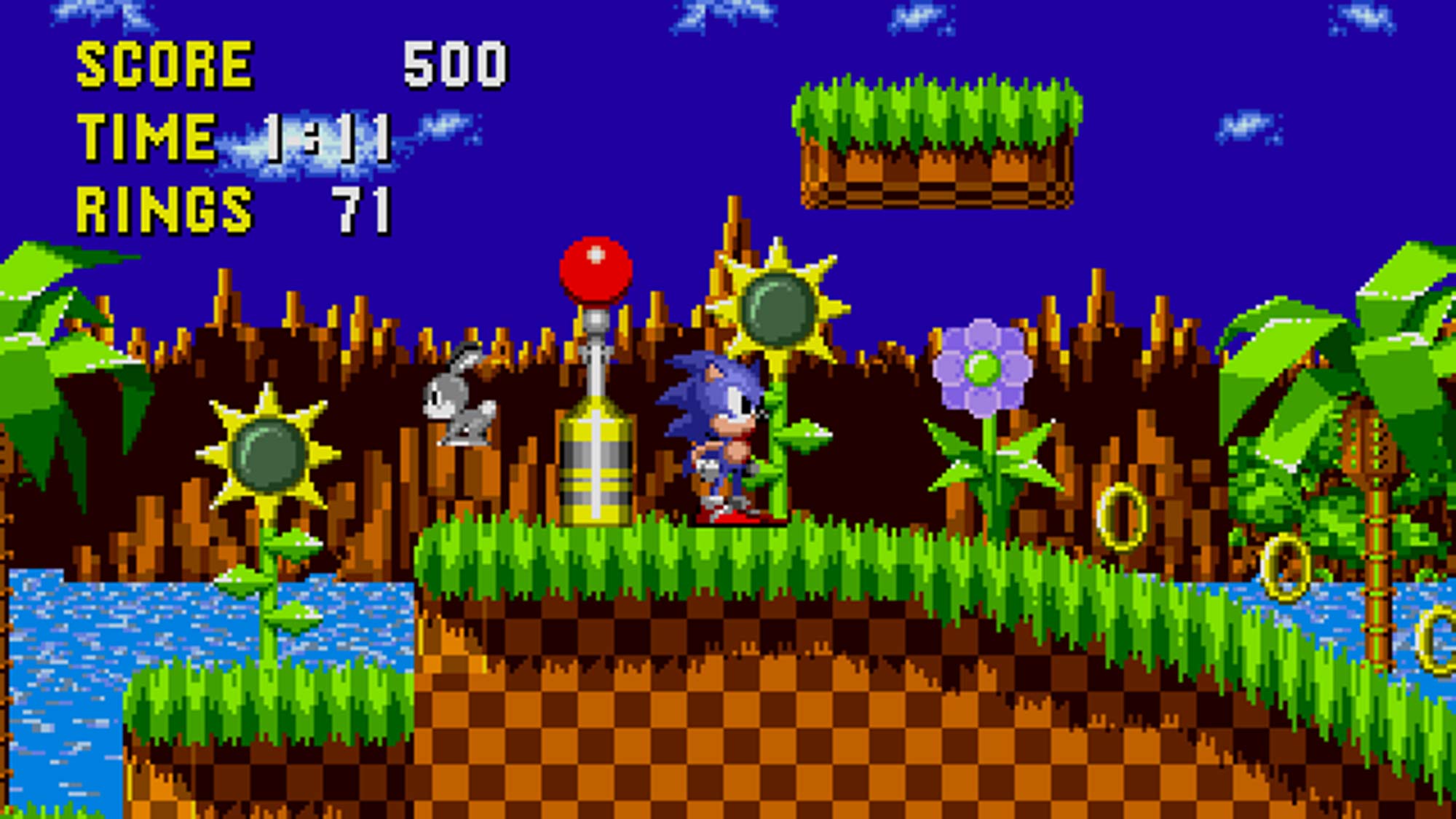
The Challenge of Preservation
Preserving retro games can be a challenging endeavor. Old cartridges and discs can degrade over time, and the hardware required to play them may become increasingly scarce. However, the dedication of collectors and enthusiasts has led to innovative solutions, such as cartridge cleaning and retro gaming console modification services.
Digital Preservation
In addition to physical preservation, there’s a growing movement toward digital preservation of retro games. Emulation software and platforms like the Internet Archive’s “Console Living Room” project aim to make classic games accessible to a wider audience. These efforts ensure that even rare and obscure titles can be experienced without the need for rare and expensive hardware.
Museum Exhibits and Archives
Museums dedicated to video game history, such as the National Videogame Museum in the United States and the Computerspielemuseum in Berlin, Germany, have sprung up to celebrate and educate the public about gaming’s past. These institutions often feature exhibits showcasing vintage hardware, rare games, and the evolution of gaming technology.
The Collector’s Mentality
For many retro gaming enthusiasts, the thrill of the hunt is a significant part of the appeal. Collecting vintage games and gaming memorabilia is a hobby that combines nostalgia, history, and a sense of achievement.
Hunting for Hidden Treasures
Collectors often scour garage sales, flea markets, and online marketplaces in search of hidden gaming gems. The excitement of stumbling upon a rare game or limited-edition console at a bargain price is a feeling that’s hard to replicate in other hobbies. The collector’s mentality extends beyond acquiring games; it also involves the pursuit of knowledge about gaming history and the value of different items in the retro gaming market.
Investment Potential
In recent years, the value of retro games and gaming collectibles has skyrocketed. Some rare games have become highly sought-after collector’s items, with prices reaching thousands or even tens of thousands of dollars. While not all retro gamers are motivated by financial gain, the potential for investment in this niche market adds an extra layer of intrigue for some.
Retro Gaming in the Modern Era
The resurgence of retro gaming has not gone unnoticed by game developers and publishers. Many have recognized the enduring appeal of classic titles and have found creative ways to bring them back to modern audiences.
Remakes and Remasters
One common approach is to remake or remaster classic games with updated graphics and modernized gameplay. Titles like “The Legend of Zelda: Link’s Awakening” and “Resident Evil 2” have received the remake treatment, introducing these classics to a new generation of gamers while retaining the essence of what made the originals special.
Digital Re-Releases
Digital distribution platforms like Nintendo’s Virtual Console, PlayStation Network, and Xbox Live Arcade have made it easier than ever to access classic games. These platforms offer downloadable versions of retro titles, often with added features such as save states and online multiplayer support. The convenience of digital downloads has made it possible for players to enjoy their favorite classics without the need for physical hardware.
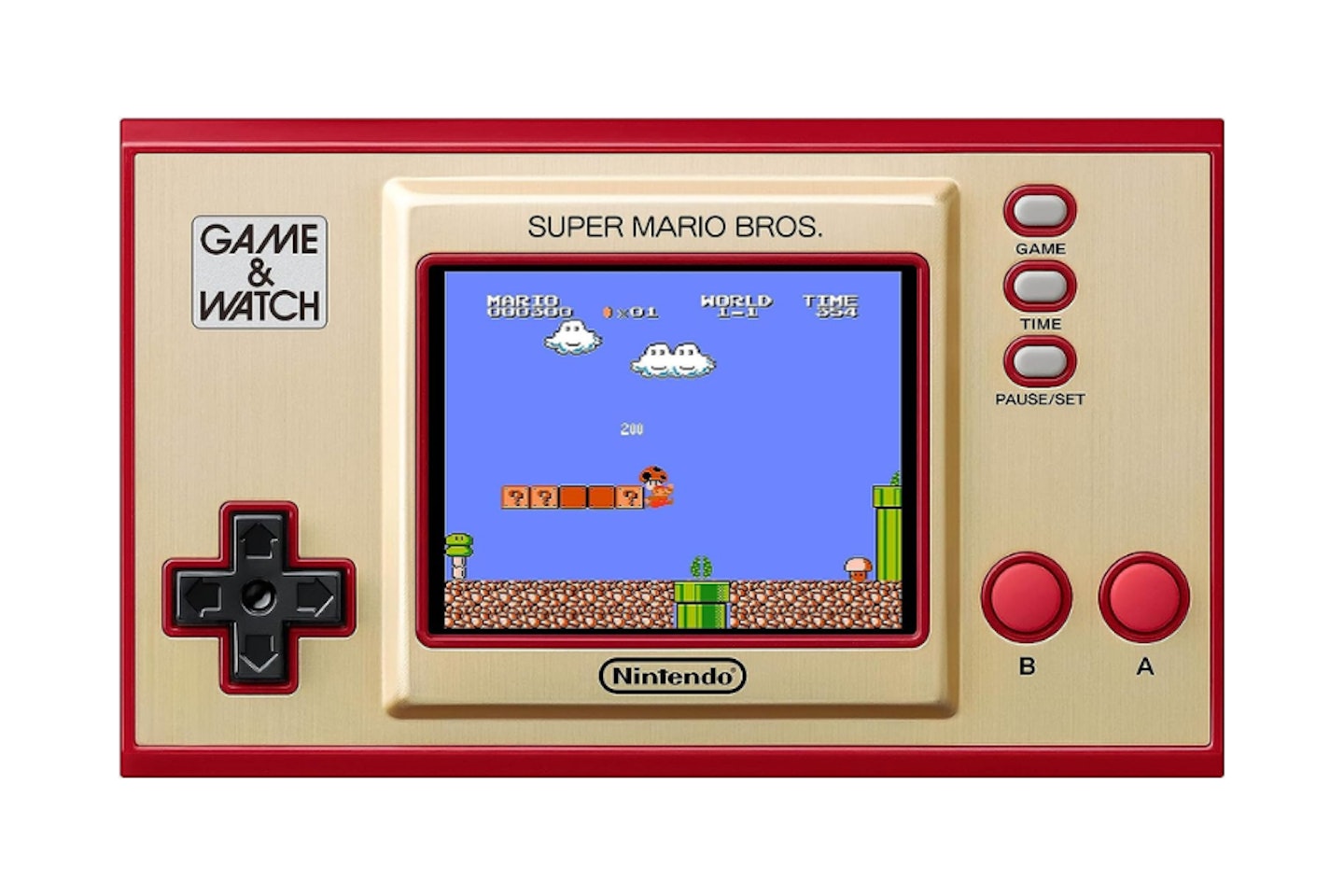
Mini Consoles
Miniaturized versions of classic gaming consoles, such as the NES Classic Edition and SNES Classic Edition, have become popular collectibles in their own right. These mini consoles come pre-loaded with a selection of classic games, providing a plug-and-play experience that appeals to both newcomers and seasoned gamers.
The Future of Retro Gaming
As we look to the future, it’s clear that retro gaming is here to stay. The continued growth of online communities, the enduring appeal of nostalgia, and the dedication of collectors and preservationists all contribute to the resilience of this niche within the gaming world.
Expanding the Retro Gaming Audience
The retro gaming community is not limited to those who grew up during the golden age of gaming. With the ongoing efforts to preserve and promote classic games, younger generations are discovering the joys of retro gaming as well. As more people embrace the hobby, the community will continue to diversify and evolve.
Innovation within Nostalgia
While nostalgia remains a driving force, developers are finding innovative ways to reimagine classic gameplay for modern audiences. New titles like “Hollow Knight” and “Cuphead” draw inspiration from retro gaming aesthetics and gameplay while adding their own unique twists. This blending of old and new keeps the spirit of retro gaming alive in the modern gaming landscape.
Preserving the Past for the Future
The work of museums, archivists, and preservationists is vital in ensuring that the history of video games is not lost to time. As technology advances and older hardware becomes increasingly rare, the importance of preserving these artifacts becomes even more pronounced. Future generations of gamers deserve the opportunity to experience the roots of an industry that has become a cultural phenomenon.
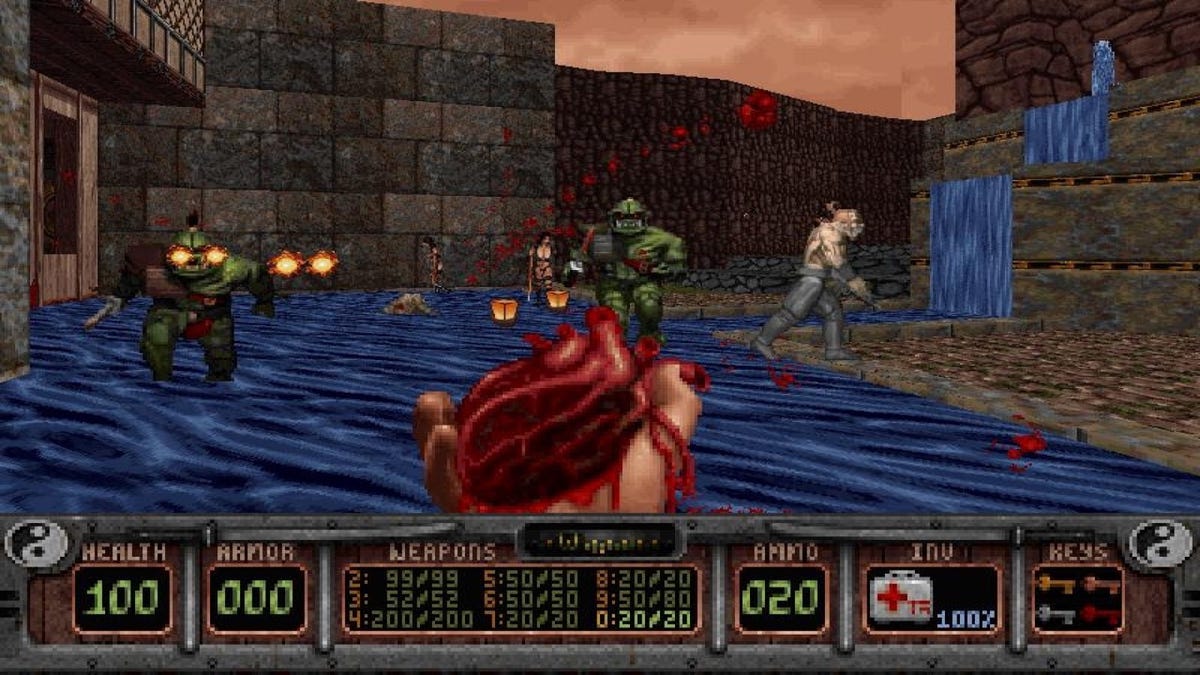
Join the Retro Revolution
In a world where gaming technology continues to advance at a breakneck pace, the allure of retro gaming endures as a testament to the enduring power of nostalgia, timeless gameplay, and the sense of community that surrounds it. Whether you’re a seasoned collector, a newcomer eager to explore gaming’s rich history, or simply someone looking to relive cherished memories, retro gaming has something to offer for everyone. So, dust off your old consoles, fire up those classic titles, and join the retro gaming revolution—you won’t be disappointed.
Discover More:
- RetroGaming.com: Explore a thriving online community of retro gaming enthusiasts.
- National Videogame Museum: Immerse yourself in the history of video games at this interactive museum.
- Classic Gaming Expo: Attend one of the premier retro gaming events and celebrate the classics.
Retro gaming is not just a journey into the past; it’s a celebration of the enduring appeal of pixelated adventures, challenging gameplay, and the sense of nostalgia that keeps us coming back for more. As the gaming industry continues to evolve, retro gaming remains a timeless and cherished part of the gaming world—a testament to the idea that great games never truly go out of style.
